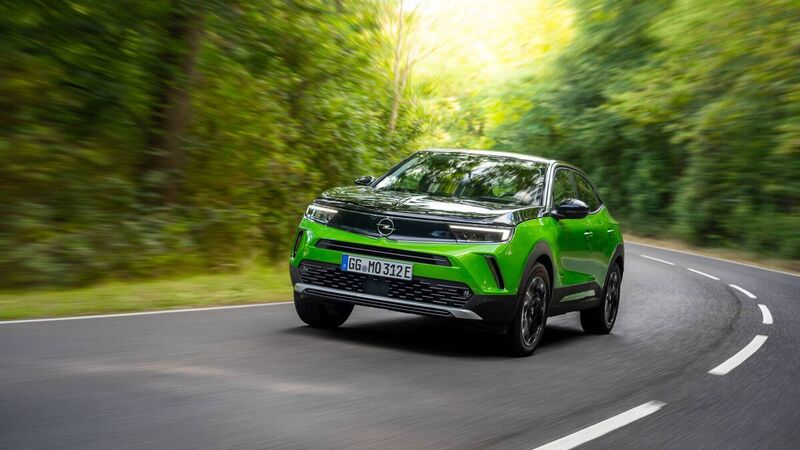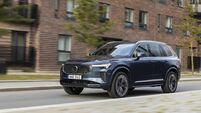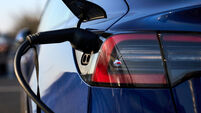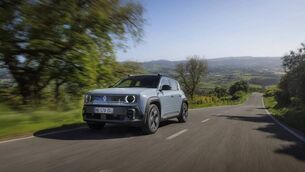From Mokka to Mini: Reviews that didn't make the page in 2021

We were terribly disappointed with the Opel Mokka in electric form, but when we got our hands on the more conventional 130 bhp 1.2 SRi petrol version, the car began to make more sense
As we all know the past two years have been very strange and uncomfortable for us all, especially those who have been physically affected by the pandemic – terminally or otherwise. Sure we have all endured difficulties because of Covid, and the motor industry has been no exception.
But the business has rebounded and the sales figures to the end of November show us that there was a total of 104,563 units sold in the first 11 months of this year, as against 87,856 for the same period in 2020, a welcome increase of 19.02%.





